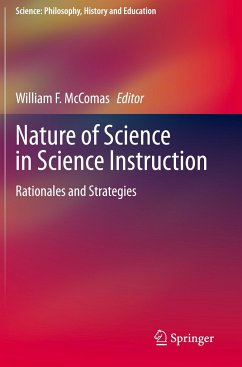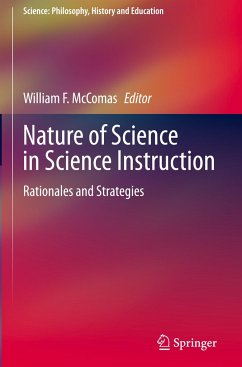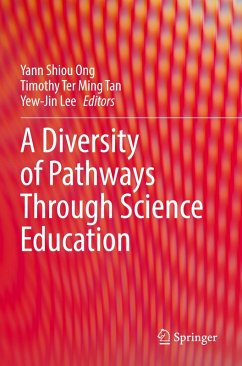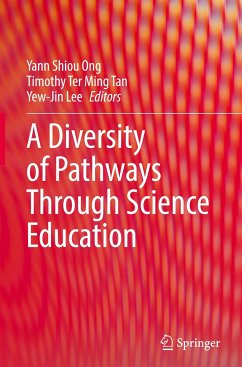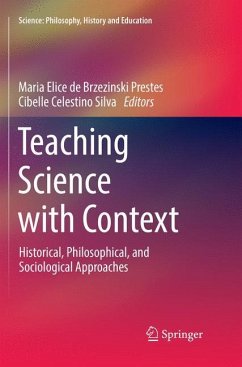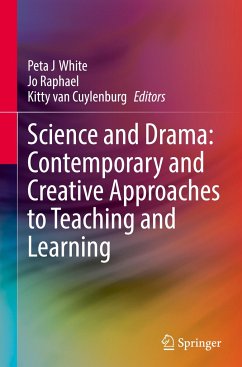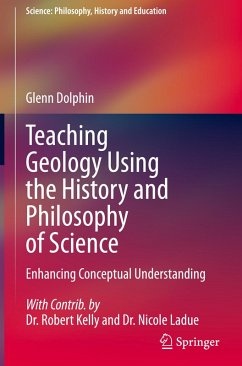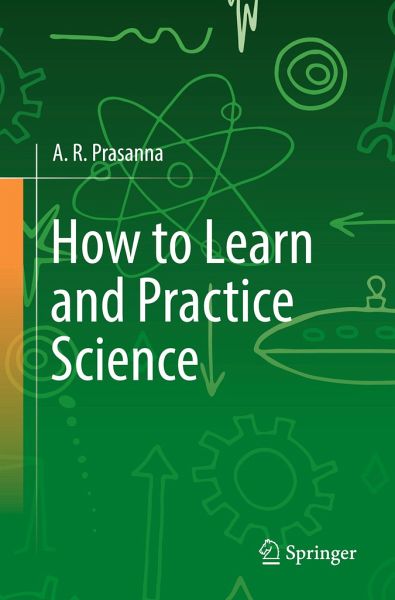
How to Learn and Practice Science

PAYBACK Punkte
12 °P sammeln!
This book is a small but practical summary of how one can and should learn science. The author argues that science cannot be taught but has to be learnt. Based on historical examples he shows that practicing science means putting one's intellect into the understanding of simple questions like what, why, how and when events around you happen. The reader understands that the search for the cause and effect relationship of so called normal happenings is a very provocative experience and learning science leads one to it. This is underpinned by looking at everyday experiences and how they can help ...
This book is a small but practical summary of how one can and should learn science. The author argues that science cannot be taught but has to be learnt. Based on historical examples he shows that practicing science means putting one's intellect into the understanding of simple questions like what, why, how and when events around you happen. The reader understands that the search for the cause and effect relationship of so called normal happenings is a very provocative experience and learning science leads one to it. This is underpinned by looking at everyday experiences and how they can help any lay-person learn science.
The author also explains the methodology of science and discusses an integrated approach to science communication. Finally he elaborates on the influence and role of science in society. The book addresses interested general readers, teachers and science communicators.
The author also explains the methodology of science and discusses an integrated approach to science communication. Finally he elaborates on the influence and role of science in society. The book addresses interested general readers, teachers and science communicators.



